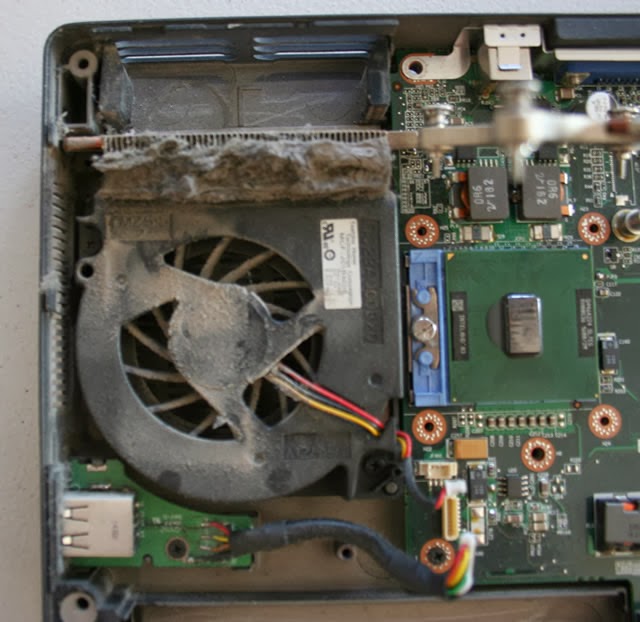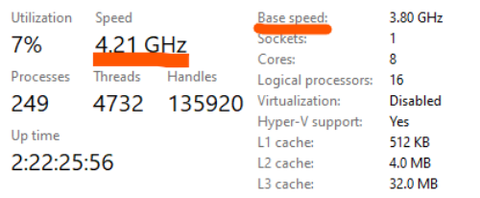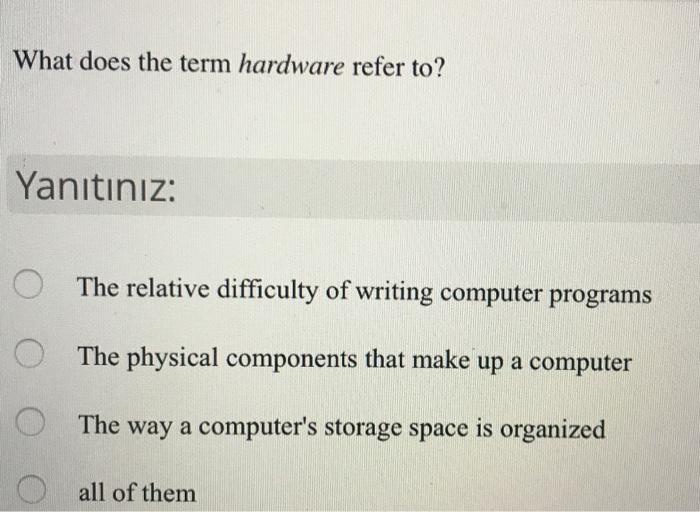Comprehensive Insight Into What Causes Your Laptop to Overheat
Introduction
The progressive switch to digital workspaces has made laptops an integral part of our life. However, frequent overheating can threaten your laptop’s sustainability and your workflow. This guide takes a deep dive into the causes, early warning signs, and consequences of laptop overheating besides providing insights into how hardware and software impact it. We will also address frequently asked questions that will help you prevent and manage laptop overheating more effectively.
What Are the Early Signs of an Overheating Laptop?
To combat the issue of laptop overheating in its early stages, one must have a clear understanding of its warning signs. Look out for these telltale signs, which might indicate that your laptop is overheating:
- Frequent System Crashes: Sudden crashes or system freezes can be a clear indication of overheating. This is a way your laptop tries to protect itself from the elevated temperatures.
- Excessive Fan Noise: A working fan in a laptop is usual. However, if you discern abnormally loud fan noise or the fans running relentlessly, your laptop might be cooling down overheating components.
- Unexpected System Shutdowns or Restarts: If your laptop is continuously shutting down or restarting without any notification, it may be due to overheating of the core components.
- Increased Laptop Temperature: An unusually hot bottom or keyboard is a direct sign of overheating. If your laptop feels too hot to touch, it's time to take immediate action.
- Distorted Graphics: Overheating graphics card results in the distortion or manipulating of the visuals on your device. This might occur while playing high-graphic games or using graphic-intensive applications.
By acknowledging these early indicators, one can take countermeasures to prevent further overheating and thwart potential long-term damage.
Deciphering the Main Causes of Laptop Overheating
The tendency for a laptop to overheat stems from a variety of factors, which primarily revolve around hardware issues, increased processing demands and environmental conditions. Breaking down each element can offer a comprehensive understanding of the primary causes:
1. Cooling system's role in Overheating:
The integrated cooling system in a laptop primarily includes fans and heat sinks, specifically designed to expel excess heat and maintain an optimal temperature. Over time, dust and other particles might accumulate, obstructing the effective passage of air. This blockage eventually leads to diminished cooling efficiency, triggering the laptop to overheat.
2. High Processing Load & Overuse:
Continuous usage of resource-intensive applications or software can potentially cause the laptop to overheat. Here's why: High-demand applications exert more pressure on the laptop's processor, consequently generating a significant amount of heat. Over an extended period, this heat build-up can cause the laptop to overheat, impacting both performance and longevity.
3. Impact of Environment and Ambient Temperature:
To keep itself cool, a laptop radiates the built-up heat into the environment. However, elevated room temperatures or inadequate ventilation could hinder heat dissipation. Using the laptop on surfaces like a bed or a couch, which don't allow heat to escape efficiently, could further exacerbate overheating issues.
In summary, a combination of factors like the cooling system's state, high-resource usage, and unfavorable surrounding conditions contribute to laptop overheating. Every user must take note of these crucial pointers to avert the potential risk of hardware damage and optimize the life and performance of their laptop. It's as important to keep the cooling system clean and obstruction-free as it is to use the laptop judiciously by monitoring the demands of the software being used and careful attention to the workspace's environment.
Immediate and Long-term Consequences of Laptop Overheating
When a laptop overheats, it can engender both short-term complications and long-term damage, impacting the health, performance, and lifespan of your device.
Short-term Complications of Overheating:
- System Instability: Frequent system freezes, sudden restarts, or abrupt crashes are common as the laptop attempts to protect its components from damaging heat levels.
- Performance Drops: You may experience significant slowdowns and software glitches, which can disrupt your routine tasks and decrease productivity.
Long-term Consequences of Overheating:
- Hardware Failure: Chronic overheating can cause irreversible damage to hardware components. Key components such as the CPU, GPU, and the motherboard are particularly susceptible to heat, with potential outcomes ranging from minor performance issues to complete failure.
- Decreased Lifespan: Exposure to excessive heat over extended periods can substantially reduce your laptop’s overall lifespan.
- Data Corruption or Loss: Overheating can lead to data corruption or loss. Many key components can experience decreased performance or even failure, and in severe cases, this can result in the loss of saved data.
Performance Impact of Overheating:
Excessive heat can also impact the laptop’s processing speed and efficiency.
- CPU Throttling: To manage heat production, laptops often reduce the speed of the CPU, an action known as throttling. While this can help protect the components from heat damage, it results in the laptop running more slowly and performing less efficiently.
- Graphics Performance Drop: Overheating can significantly affect the laptop's GPU (Graphics Processing Unit), causing issues such as distorted graphics or reduced speed in graphically intensive activities such as gaming or video editing.
Comprehending these consequences will help users to recognize that laptop overheating is a matter that requires immediate attention — addressing these issues in their early stages can prevent serious, long-term damage and preserve your laptop's optimal performance and longevity.
Understanding the Role of Hardware and Software in Overheating
Determining what propels your laptop to overheat may often point you towards underlying issues related to your laptop's hardware or software. It's essential to understand how each of these constituents plays a role in triggering overheating issues.
Hardware-related causes:
- Defective Cooling System: One of the significant causes of overheating is the malfunctioning of the laptop's cooling system. A failure in fans, heat sinks, or vents can inhibit the effective dissipation of heat, resulting in an overheated laptop.
- Faulty Power Supply: An unstable or faulty power supply can cause voltage fluctuation, inordinately heating up the laptop due to inconsistent power output.
- Old Battery: An old or overworked battery could produce excessive heat and cause your laptop to overheat.
Software-related causes:
- Overloaded Software: The simultaneous operation of numerous applications or resource-taxing software can strain your laptop, causing an unwarranted heat build-up.
- Obsolete Drivers or BIOS: Obsolete or outdated drivers and BIOS can instigate overheating issues as they may not efficiently manage the system resources leading to their inefficient utilization and subsequent overheating.
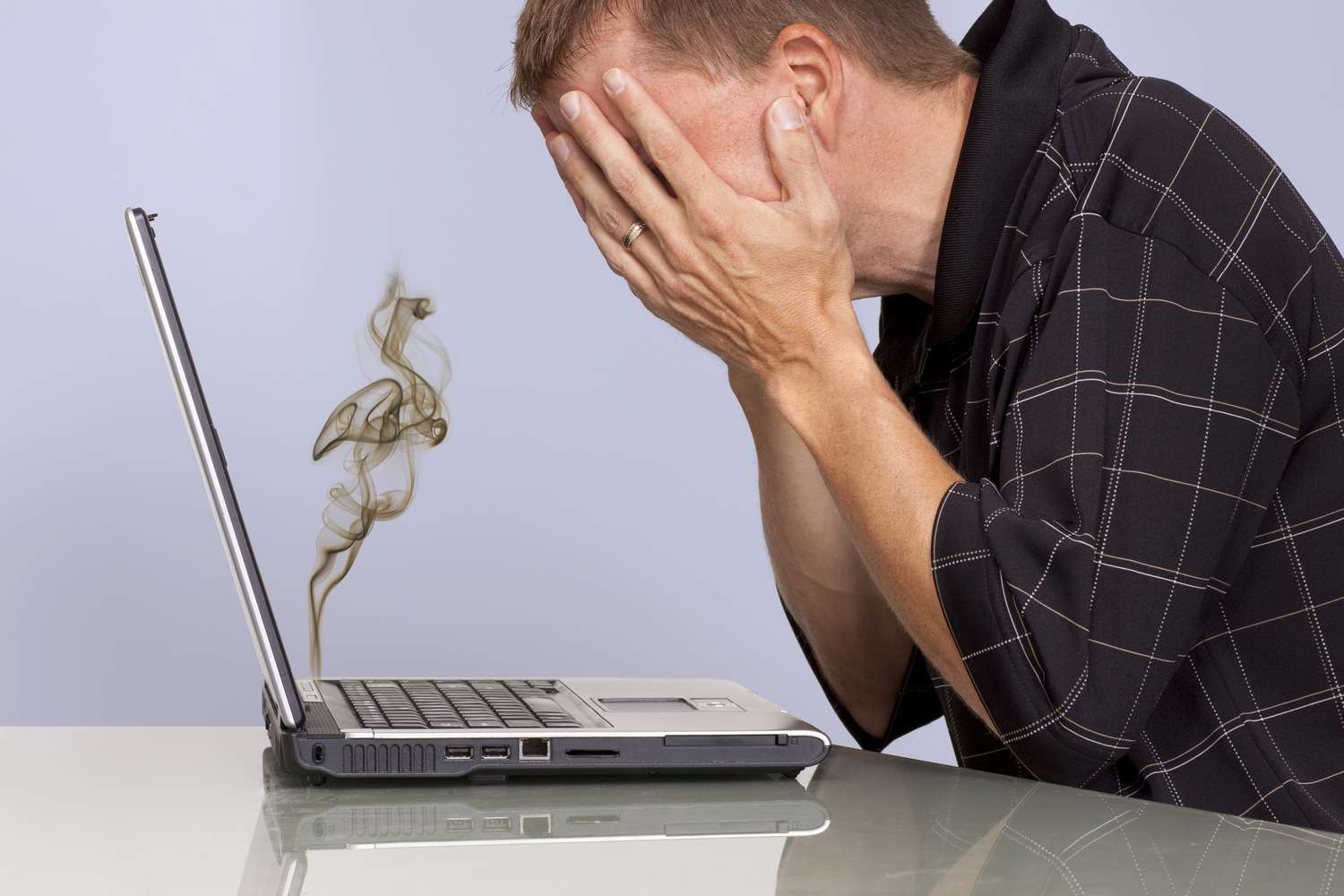
Addressing these individual elements can dramatically reduce the chances of your laptop overheating while preserving its hardware integrity and ensuring smooth software operations.
-------
Supporting Stats:
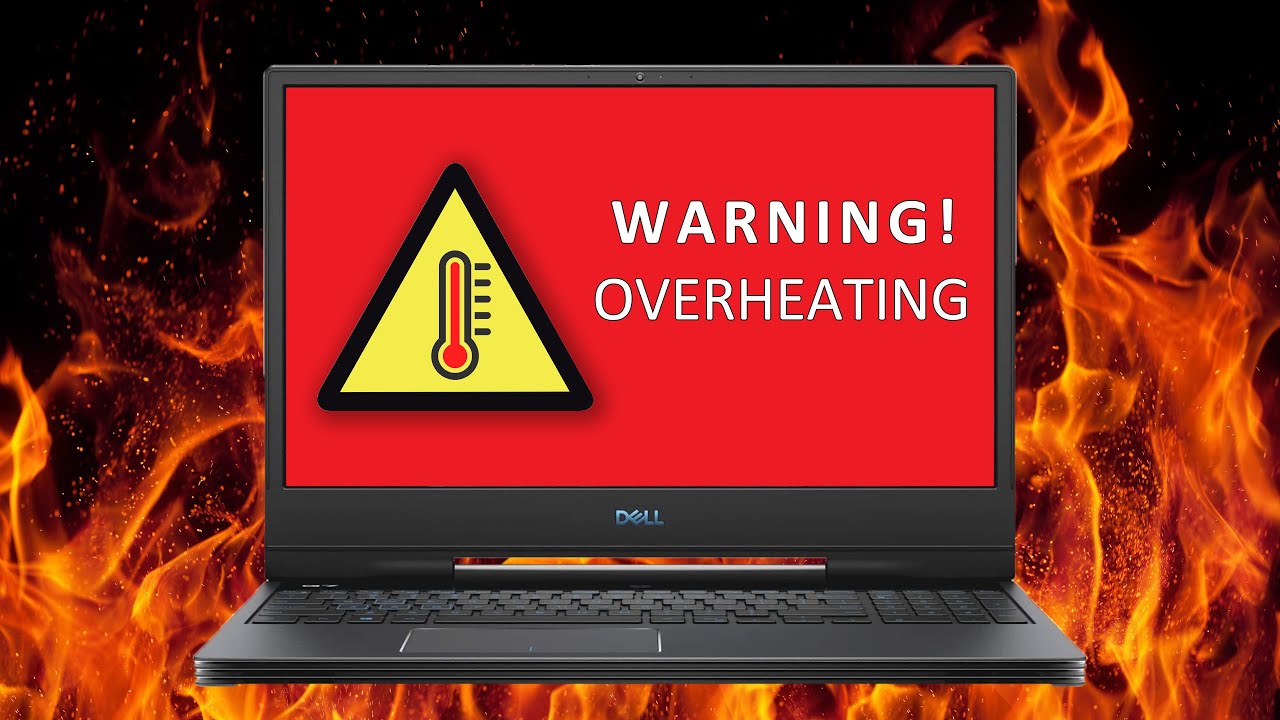
- As stated by the U.S. Consumer Product Safety Commission, overheating laptops have resulted in "an estimated 2,600 injuries between 2016 and 2018".
- A 2012 report from SquareTrade revealed that over a third of laptop damages are due to overheating.
- An interesting statistical nugget by the Environmental Protection Agency (EPA) reveals that a well-maintained laptop's lifespan is approximately 3-5 years while overheating may shorten this by up to 2 years.
-------
It's imperative to take these hardware and software factors into account when troubleshooting laptop overheating issues. This renders a comprehensive perspective on overheating and assists in effective prevention and management.
Conclusion
Effective prevention of laptop overheating starts with understanding its causes and early signs. Addressing these issues promptly can help you prevent long-term complications and preserve your laptop’s performance and lifespan.
Related FAQs about what causes a laptop to overheat
How to detect if my laptop is overheating?
Early detection of a laptop overheating includes frequent system crashes, excessive fan noise, unexpected system shutdowns, unusually high laptop temperature, and visually distorted graphics. If you notice any of these signs, your laptop may be overheating.
What are some effective ways to prevent a laptop from overheating?
To prevent your laptop from overheating, ensure the cooling system is clean and unobstructed, avoid resource-intensive applications, ensure good ventilation, and use hard surfaces for laptop placement. Regular servicing, updating system drivers, and discourse of old batteries may also help.
Can laptop cooler pads help in preventing laptop overheating?
Yes, laptop cooler pads can aid in lowering your laptop's temperature. These devices provide an extra cooling mechanism that can prove beneficial, especially for laptops under high processing loads. However, they should be used as a supplement, not as a replacement for internal cooling systems.


